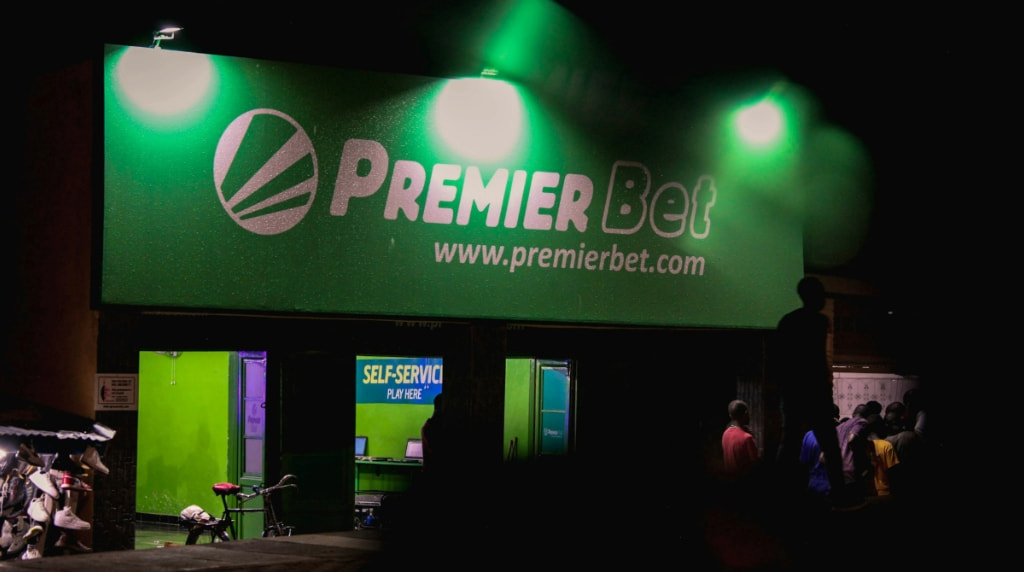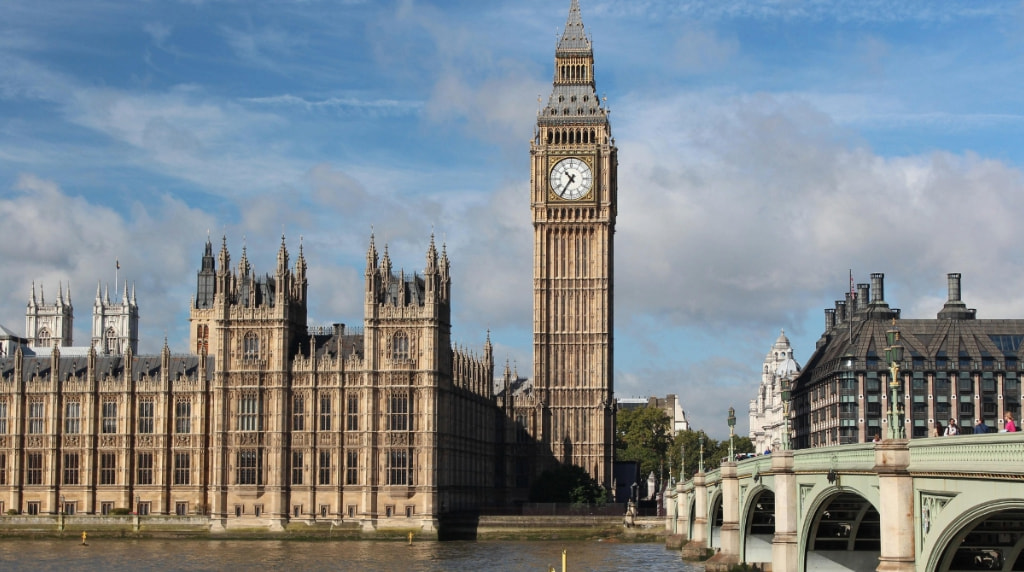UKGC Issues Sorare Warning
The Gambling Commission has issued a warning to the British public over fantasy football operator Sorare. The site, which allows user to trade digital football cards, does not currently hold a UK gambling license. However, Sorare has responded that its products do not constitute gambling, so do not require a license.

Sorare’s platform is unique in that its digital football NFTs are offered using blockchain technology. ©Morthy Jameson/Pexels
Football Player NFTs
The Gambling Commission, which regulates all gambling operators operating in the UK, has published a consumer information notice regarding Sorare.com. The website allows football fans to buy, trade and manage virtual football cards to create fantasy teams. Those teams can then face off in leagues and head-to-head matches.
Teams are ranked according to the performance of players in real-life football matches. They are then rewarded through a points system, just like in traditional fantasy football. The platform was developed by Nicolas Julia and Adrien Montfort in 2018, and was released in 2019. It now offers users 140 clubs to choose from.
Sorare utilizes blockchain technology based on Ethereum to ensure that its digital cards have provable scarcity. This means that cards are limited and cannot be altered, duplicated or deleted. Some of its digital collectibles are categorized as limited, rare, super-rare and unique, so the platform’s blockchain structure is key to its integrity.
In its press release, the regulator stated that it had been brought to its attention that the platform is available to consumers in the UK, despite not carrying a gambling license. Because of this, consumers using the site in Great Britain are not protected by the same gambling regulations that licensed operators would comply with.
The Commission has warned consumers that if they use the website, it is at their own risk. They are urged to consider the above information before interacting with Sorare.com. For now, the site is online and available to consumers in the UK.
The regulator added that it is now conducting inquiries into the company to establish whether or not it actually needs to have an operating license. Due to the nature of the products offered by Sorare, it is unclear whether or not they do constitute as gambling. The regulator says that it will not comment further until it has concluded its inquiries.
Sorare Denies Offering Gambling
The Gambling Commission seems to think that Sorare’s digital football card offerings are similar enough to warrant a warning to the public. However, the fantasy football platform has responded to the claim, denying that it offers any form of gambling or that it has done anything wrong.
Sorare has published an official statement, clarifying its stance on the issue. It accepted that its unique offering was likely to raise regulatory questions, as it has become successful and is unlike most other products on the market. It added that through collecting rare NFT cards and playing its global fantasy football game, Sorare’s users have been able to connect with their favorite players and clubs in a special way.
Sorare says that it is confident that it does not offer any forms of regulated gambling. Since the company was launched, it has consulted with legal experts at every stage, including during fundraising rounds. It added that it will continue to engage in open dialogues with authorities and is committed to growing its game and community responsibly.
It is understandable that Sorare’s unique platform has sounded alarm bells for the Gambling Commission, given the magnitude of the Football Index collapse earlier this year. The sports betting platform, which styled itself as the “stock market of football” went into administration in March after it was unable to repay customer funds.
Like Sorare, it offered consumers a unique way to buy and sell shares in football players. Players returned dividends based on their performance on the pitch. The platform was licensed and regulated by the Gambling Commission, which suspended its license on March 11th. Those affected say that that was too late, as it had already crashed, trapping an estimated £90 million of customer funds.
Similar to Football Index?
The Gambling Commission faced heavy criticism over its poor handling of the platform’s license. It has since been revealed that the regulator was warned about the company’s business model a year before its collapse. The government has conducted an independent investigation into how the Gambling Commission regulated the platform, to ensure that mistakes are learnt from and not repeated.
There are some key differences between how the Sorare and Football Index platforms are operated. Football Index’s problems arose from the fact that it was reliant on customers continuing to buy shares in order to pay out dividends to other customers. In this way, it was similar to a pyramid or Ponzi scheme.
Unlike Football Index, Sorare brands itself as a digital collectibles game, not a gambling platform. This is partly because when users buy, sell and trade the virtual cards, they are recorded on the Ethereum blockchain as NFTs.
Non-fungible tokens are unique units of data stored on a digital ledger, in this case Ethereum. The fact that they are non-fungible means that they are not interchangeable with other tokens. Blockchain cryptocurrencies, such as Bitcoin, are fungible, as each “coin” has an equivalent value.
Figures from September 21st show that since the beginning of the year $150 million worth of virtual cards have been traded across 170 countries. In just one year the number of active users has increased by 34 times. In September, fintech giant SoftBank invested $680 million into the platform. Other high-profile investors include Rio Ferdinand, Gerard Piqué and Antoine Griezmann.
The Gambling Commission took to twitter to publicize its notice about Sorare, however it was met with some criticism. Twitter users drew comparisons with the regulator’s handling of Football Index’s license, and questioned why it was not already regulating Sorare. Some also questioned why it was only warning consumers about Sorare now, when the platform has been available in the UK since 2019.



